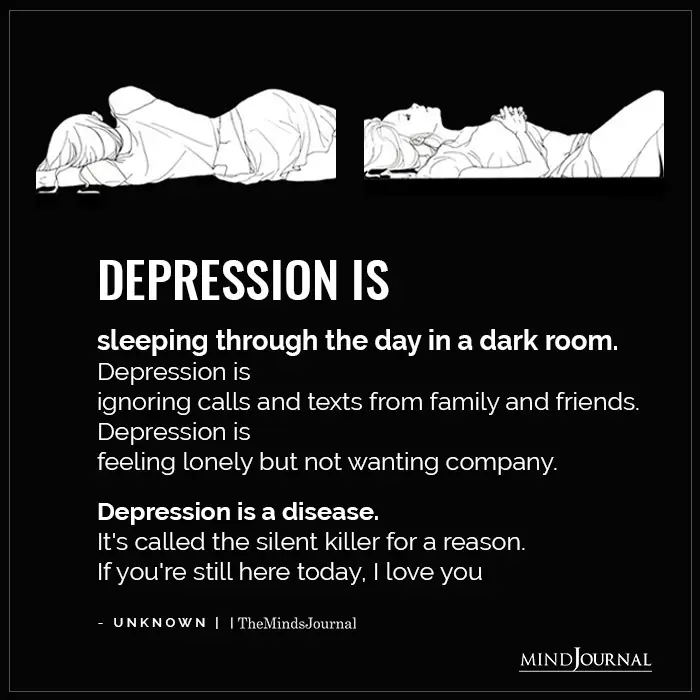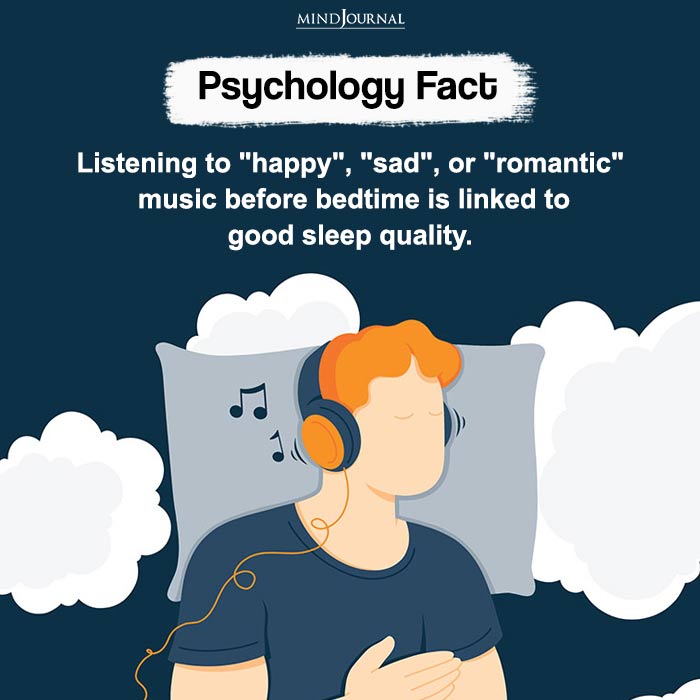Recent research has revealed that quality sleep can manage depression, shedding light on how improving sleep habits can serve as a potent tool against this prevalent mood disorder.
Good Quality Sleep Can Manage Depression!
Can getting enough sleep actually cure depression? To uncover the answer, we first need to grasp what depression is and how it intertwines with our sleep patterns.
Read more here: 13 Terrifying Health Effects of Sleep Deprivation
What Is Depression?
What is Depression? Well, formally known as major depressive disorder, extends beyond mere sadness, encapsulating a persistent state of negative emotions and diminished interest in activities.
The National Institute of Mental Health estimates that over 21 million adults in the US encountered a major depressive episode in 2021.
Common indicators include depressed mood, fatigue, worthlessness, concentration difficulties, and altered sleep patterns.

The Signs Of Depression
The signs of depression can be recognized in daily life, such as:
- Diminished interest in activities
- Persistent fatigue or low energy
- Feelings of worthlessness or excessive guilt
- Difficulty concentrating or making decisions
- Changes in appetite or weight
- Insomnia or hypersomnia (altered sleep patterns)
- Restlessness or slowed movements
- Recurring thoughts of death or suicide
- Loss of pleasure in previously enjoyed activities
Read more here: YOU ARE NOT LAZY!!! 6 Signs You Are Too Depressed To Do Anything
The Interwoven Link Between Sleep And Depression
Research illuminates a bidirectional link between sleep and depression, where each feeds into and exacerbates the other. Sleep disruptions are often an initial sign of depression.
An astounding 90% of individuals with major depressive disorder concurrently experience sleep disorders.

Impact Of Depression On Sleep
The impact of Depression on sleep is very dangerous as it can significantly disrupt sleep patterns, leading to either hypersomnia, characterized by excessive daytime sleepiness, or insomnia, making it difficult to fall asleep or stay asleep.
Unfortunately, even the sleep achieved during periods of depression is of lower quality and lacks the restorative effects necessary for maintaining emotional equilibrium.
Crucial Role Of Sleep In Regulating Mood
Sleep plays a pivotal role in mood regulation, particularly through its influence on the amygdala, the brain’s emotional center. During sleep, the amygdala processes and evaluates the day’s experiences.
Sleep deprivation results in an overactive amygdala, triggering heightened negative emotional responses to stimuli and fostering a susceptibility to mood fluctuations.
Read more here: Is Procrastination A Sign Of Depression? 4 Vital Clues To Watch For
Elevating Mental Health Through Quality Sleep
Depression’s debilitating impact on daily life necessitates a holistic approach to treatment. While cognitive behavioral therapy and medication are conventional treatments, addressing sleep disruptions is equally pivotal.
Dr. Jill Harkavy-Friedman, Senior VP of Research at the American Foundation for Suicide Prevention, underscores that enhancing sleep quality bolsters mood, concentration, memory, and coping abilities.
Strategies For Enhancing Sleep Quality In The Face Of Depression
Breaking the cycle of poor sleep and depression necessitates consistent, deliberate efforts. Here are six tips to help you achieve better sleep quality while managing depression:
Establish a Consistent Bedtime Routine: Craft a bedtime ritual that includes hygiene practices, screen disconnection, and creating a serene sleep environment. Regularity in these behaviors helps signal your body when it’s time to unwind.
Spend Time Outdoors: Sunlight exposure enhances serotonin production, regulating mood. Outdoor activities also help reset the internal clock and promote healthy sleep patterns.
Strategic Napping: Assess whether your naps are coping mechanisms or a means of rejuvenation. Short naps can boost mood and concentration, but avoid late-afternoon naps.
Incorporate Regular Exercise: Engaging in activities like walking, yoga, or dancing reduces stress, boosts mood, and contributes to better sleep quality.
Moderate Alcohol Consumption: Alcohol, though a depressant, can hinder sleep quality and exacerbate depressive symptoms. Limit its intake, especially before bedtime.
Consider Cognitive Behavioral Therapy: This therapy can identify and address sleep-disturbing behaviors and underlying thought patterns that contribute to insomnia.
Embracing Quality Sleep As A Vital Ally Against Depression
Depression’s formidable impact on mental health underscores the urgency of multifaceted treatment strategies.
As research illuminates the intricate interplay between sleep and depression, it becomes evident that prioritizing good quality sleep can manage Depression.
By consciously fostering healthy sleep habits and recognizing the integral role of sleep in emotional regulation, individuals can empower themselves with a vital tool to combat depression and enhance their overall well-being.









Leave a Reply
You must be logged in to post a comment.